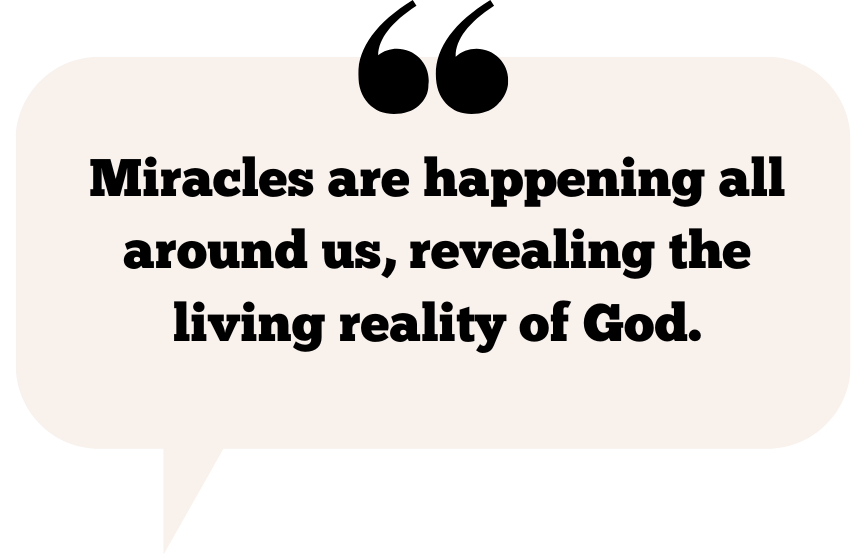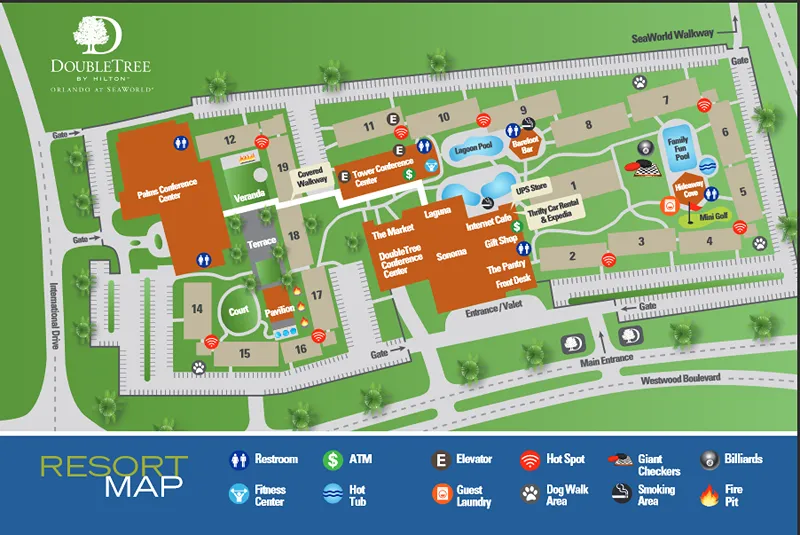
Do Christians own all the miracles?
Like millions of others, I’ve been praying for the people in Hawaii.
In following the news of the devastating fires and their aftermath, I saw a picture of a century-old, red-roofed house virtually untouched by the raging flames. The homeowner and reporters were trying to figure out why this home was standing while the identically built houses all around it were in utter devastation.
Immediately I thought, “Wow, look at God.”
In another report, a historic Catholic church was unscathed as the surrounding buildings were burned to the ground. The news media, members of the church, and people worldwide called it a miracle.
It’s interesting to me how the church not burning to the ground was deemed a miracle, yet the house not burning to the ground was a mystery. Do miracles only happen for churchgoers? Of course not.
As believers, we recognize his actions, but others might miss them, attributing good fortune or success to their own efforts alone. That’s why, as leaders following Jesus Christ, we have a golden opportunity to identify and share these miracles, giving others a chance to see God moving in their lives.
When I look back to my time in the corporate world, I realize there is no earthly way a college dropout who started her career stocking shelves in a truck parts store could become the youngest executive officer in a publicly traded Fortune 199 oil and gas company in just 12 years. God’s hand was on my life, but the more success I had, the more I took the credit—and further away from God I traveled.
It reminds me of when Jesus healed the lepers in Luke 17:11-19.
The healing of the Samaritan leper clearly illustrates that miracles are happening around us, regardless of our beliefs or background. In this story, ten lepers, including a Samaritan, were healed by Jesus, but only the Samaritan recognized it as a miracle and turned back to the source to say thank you.
The Samaritan’s gratitude stands as a reminder of our opportunity to recognize and share these miracles.
Just as the Samaritan’s response opened the door for him to encounter Jesus, we, as leaders in the marketplace, can use these instances to connect with others and share Christ’s love for them. Miracles transcend beliefs and backgrounds. They serve as a point of connection, giving us an opportunity to help others experience God’s presence.
Imagine if someone had sat me down years ago and said, “Krystal, you are great at what you do, but let me share with you God’s love and favor over your life.” That could have been a game changer for me and kept me out of the wilderness for many years.
As Christians, we don’t own all the miracles. We’re there to help others recognize them.
Let’s stay alert to the miracles happening all around us and share them boldly. That’s one of the best ways we can lead others to experience God’s presence in their lives. After all, miracles are not just for churchgoers.


